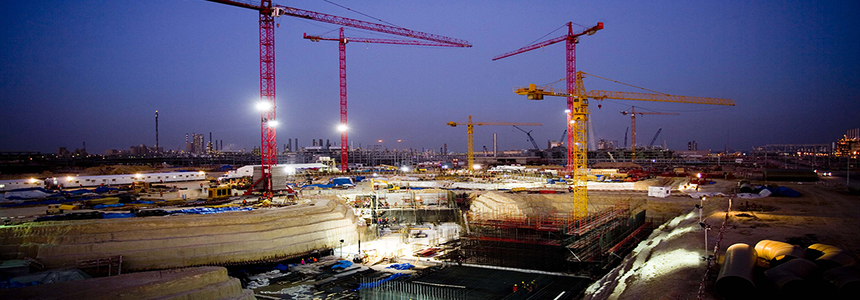As a follow up to last week’s article on “what to consider before moving to the Middle East”, I wanted to address what you can expect from moving to the region from a career perspective. I have taken into account comments and feedback we have received from candidates who have made the move and have tried to provide a balanced view.
It is important to recognize, the Middle East as a region differs greatly from country to country. You will encounter major differences in your working experience depending on which country and also which sector you to work in. For example, Saudi Arabia and the UAE offer two completely different lifestyles. Construction industry workers might be required to work a 6 day working week. This goes back to last week’s article about assessing your future employer and understanding the full working conditions and terms of employment.
If any candidate is considering relocating to a particular country and would like more information, please leave a comment below.
- Working environment.
Be prepared to work with multiple nationalities and people from diverse backgrounds. This can be a very rewarding experience and an opportunity to learn new practices and techniques which are not used in your home country. This can also present moments of frustration. Most workforce's globally have a mixture of nationalities, so gaining experience of managing/working in a team in the Middle East can be an excellent way of adding value to your CV and increasing cultural awareness. English is spoken widely throughout the region but it is beneficial to learn a few Arabic phrases and greetings.
- Salary
Given current economic conditions, salaries in the Middle East are not as high as 2010-2011 during the peak of the oil price. Organisations don’t necessarily provide education allowances, sign on bonus, guaranteed bonuses, business class flights etc. However, given the tax free status most expatriates will find an increase in their net earnings after deducting living expenses. If you are relocating with your family, make sure you understand the full cost of moving, including costs of education and housing. Both could require a 6-12-month investment upfront. I would encourage construction and oil & gas workers; to ensure they are moving to stable employers given the recent troubles in the region.
- Professional and Personal network.
The Middle East is about who you know and building relationships based around trust. This takes time to establish, however you will find it is critical to spend time networking as this will lead to further business opportunities in the region.
- Culture
You will need to show patience. Negotiations can take time and decisions can be slow. You will find yourself frustrated on many occasions, however showing patience and understanding is essential to your success. Pushing too hard can cause more problems than it solves. You will need to think flexible first and realise that meeting schedules can change and projects can get delayed. You will also need to be respectful of religion, in particular during the holy month of Ramadan.
Speaking from my own experience, dealing with Middle Eastern clients has been a challenging but rewarding experience. I’ve interviewed numerous candidates over the years who have reservations over moving to the region out of concern over future career opportunities. However, I have seen the majority of candidate’s career’s enhanced, their skills more in demand and a greater number of opportunities presented to them in the future.
Want to ask me a question? Please feel free to comment below or send me a message on Linkedin.






